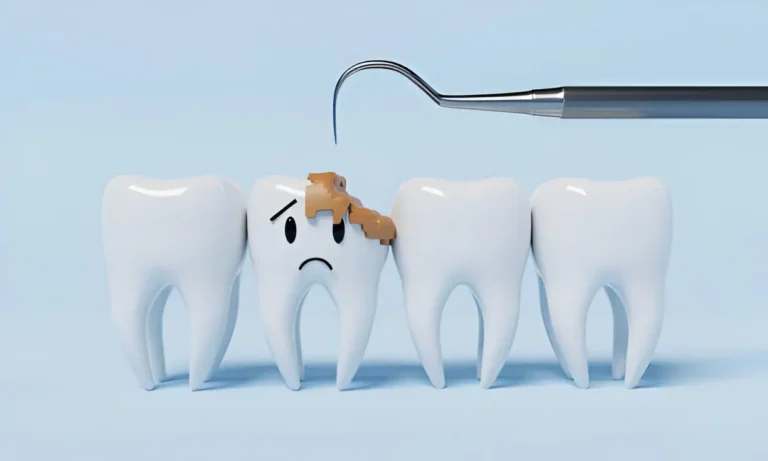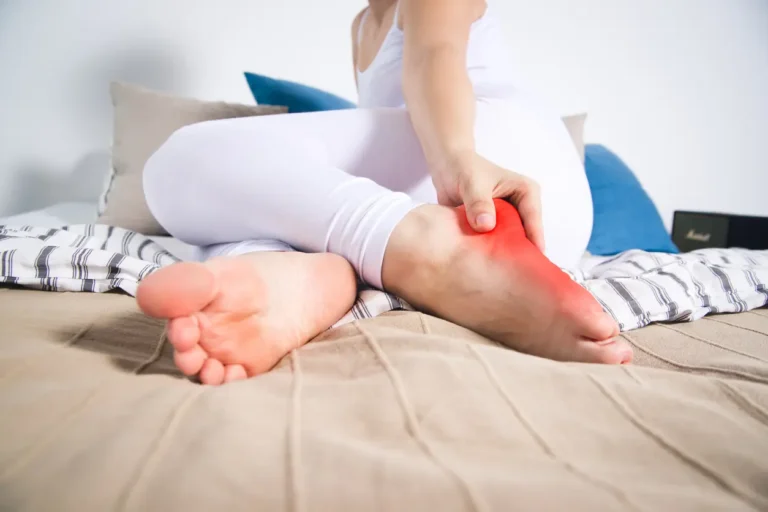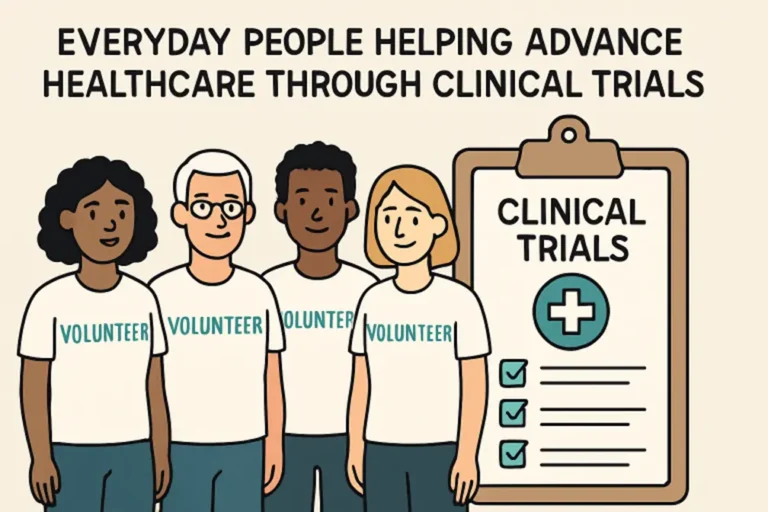8 Common Causes of Substance Abuse in Women and How to Address Them
Substance abuse in women is often misunderstood. People may assume the reasons are simple or the same as in men. But from my experience in the field, I’ve learned that women face unique pressures. Their reasons for using drugs or alcohol are often tied to deep emotional and social pain. The more we understand these causes, the better we can support recovery. This is exactly why tailored programs like women’s drug rehab are so important.
1. Trauma and Abuse
Many women in recovery have lived through physical, emotional, or sexual abuse. This trauma often starts early in life. Drugs become a way to block the pain. But the relief never lasts. It only adds more harm.
Trauma-focused therapy. A safe, calm space where a woman feels heard and respected. Healing starts with safety.
2. Mental Health Disorders
Anxiety and depression are common in women with substance use issues. Sometimes, they start before the drug use. Other times, they appear after. Either way, untreated mental health problems fuel addiction.
Dual diagnosis care. You need a program that treats both the addiction and the mental health issues at the same time.
3. Pressure from Relationships
Some women start using because of a partner. Others stay in toxic relationships because of shared drug use. Fear, control, and emotional pain play a big role here.
Therapy that builds self-worth. Learning how to set boundaries and walk away from harmful people is life-changing.
4. Low Self-Esteem
I’ve met many women who used drugs because they didn’t feel good enough. They wanted to feel confident, relaxed, or lovable. Addiction can feed off this self-doubt for years.
Rebuilding identity. Group sessions, goal-setting, and creative outlets can all help a woman reconnect with her strengths.
Addressing substance abuse in women requires a comprehensive approach that considers the unique challenges they face. Access to effective treatment options is crucial for recovery. For those struggling with alcohol addiction, it is important to explore various rehabilitation programs that cater to individual needs. You can learn more about alcohol rehab options at Pacific Ridge, which offers tailored solutions to support women on their journey to sobriety. By understanding the underlying causes and providing targeted interventions, we can help women overcome substance abuse and lead healthier, more fulfilling lives.
5. Parenting Stress
Some women feel overwhelmed by the pressures of being a mother. Others struggle with guilt over losing custody or not being present. That pain can lead to substance use as a way to cope.
Family counseling and parenting classes. Women need support, not shame. They need a chance to rebuild those family ties.
6. Social Isolation
When women feel alone, they are more likely to use drugs to fill the silence. This is especially true for those who have lost friendships or family due to addiction.
In these cases, community plays a vital role in healing. Rehab programs such as those offered by Carrara luxury drug rehab center are designed to help women rebuild connections through supportive peer networks, mentorship, and group therapy. Overcoming isolation is essential to lasting recovery.
7. Grief and Loss
The death of a loved one can lead to deep emotional wounds. Without the right support, women may turn to drugs to numb the pain. It becomes a cycle of sadness and escape.
Grief counseling. Honest conversations about loss, paired with emotional support, can release some of that burden.
8. Cultural and Gender Roles
Some women are taught to always stay quiet, serve others, or hide their pain. This builds pressure. When they try to meet everyone’s needs but ignore their own, addiction can take root.
Empowerment. A good program teaches women to speak up, set goals, and put themselves first without guilt.
Understanding the real causes behind a woman’s addiction is the first step to real healing. You cannot treat what you don’t see. That’s why women’s drug rehab must be more than detox or therapy. It must offer care that sees the full picture. When women feel seen, supported, and safe, they don’t just recover; they rise.
Also Read-Discover the Healing Power of Earthing A Beginner’s Guide






